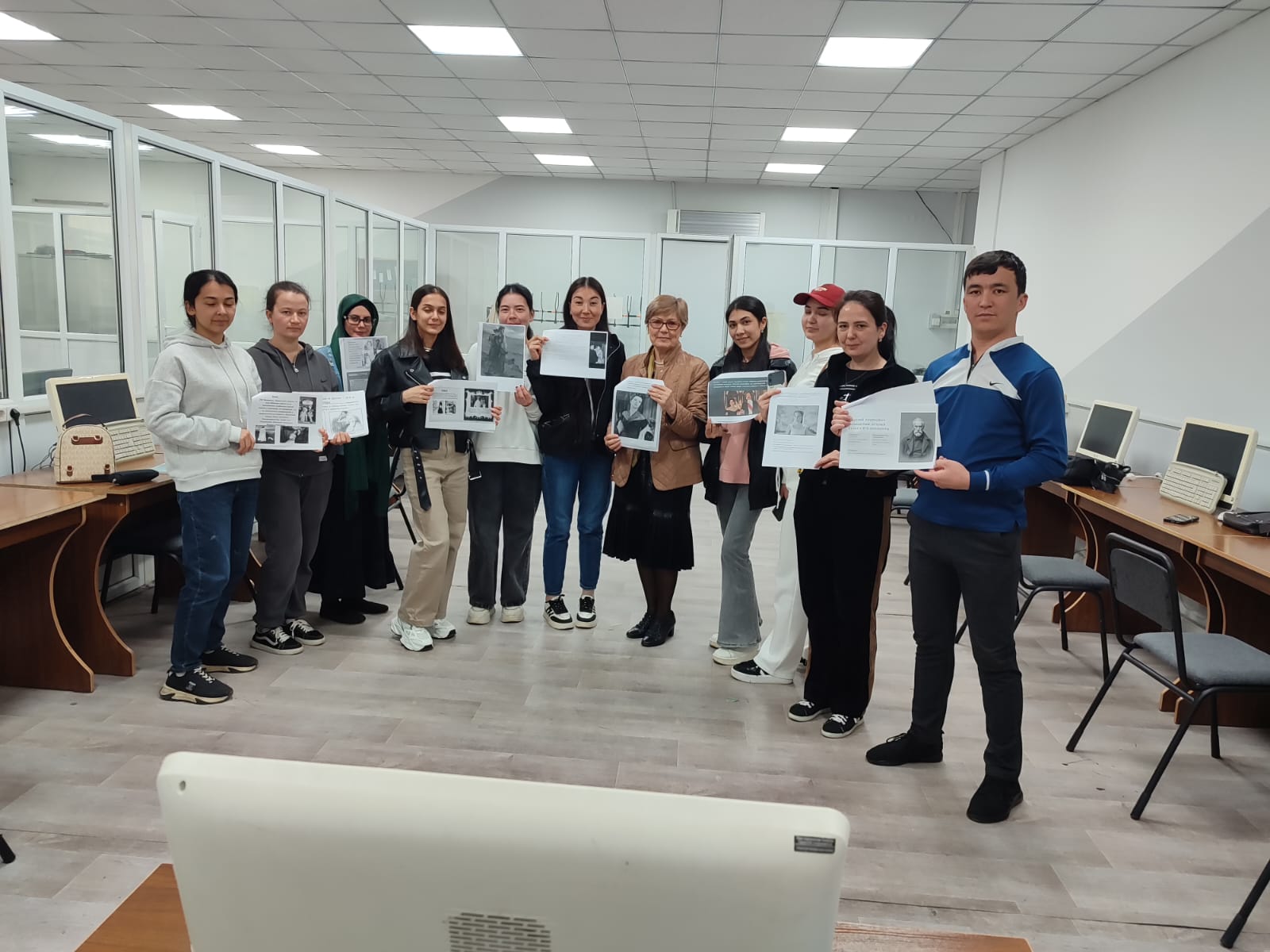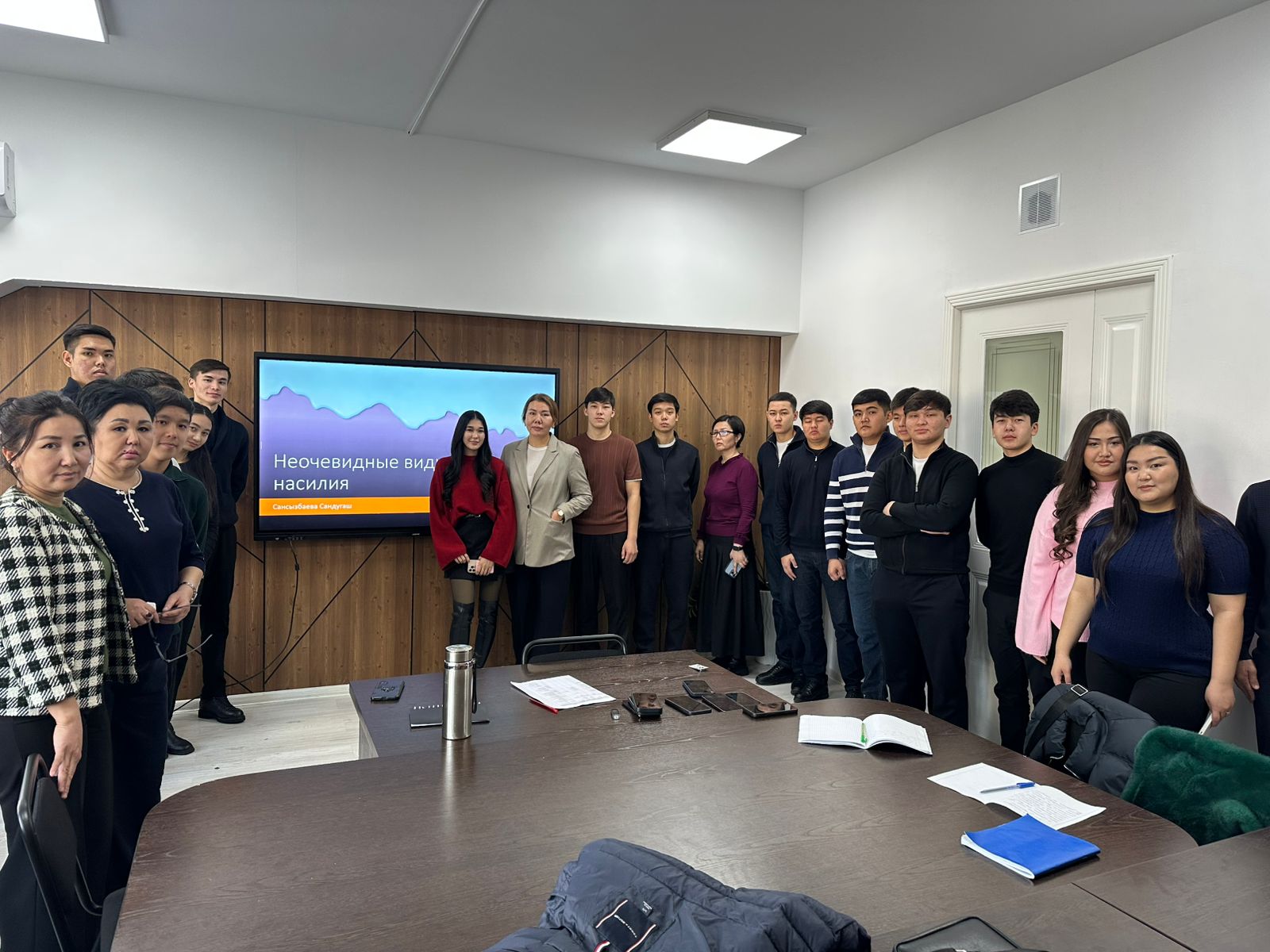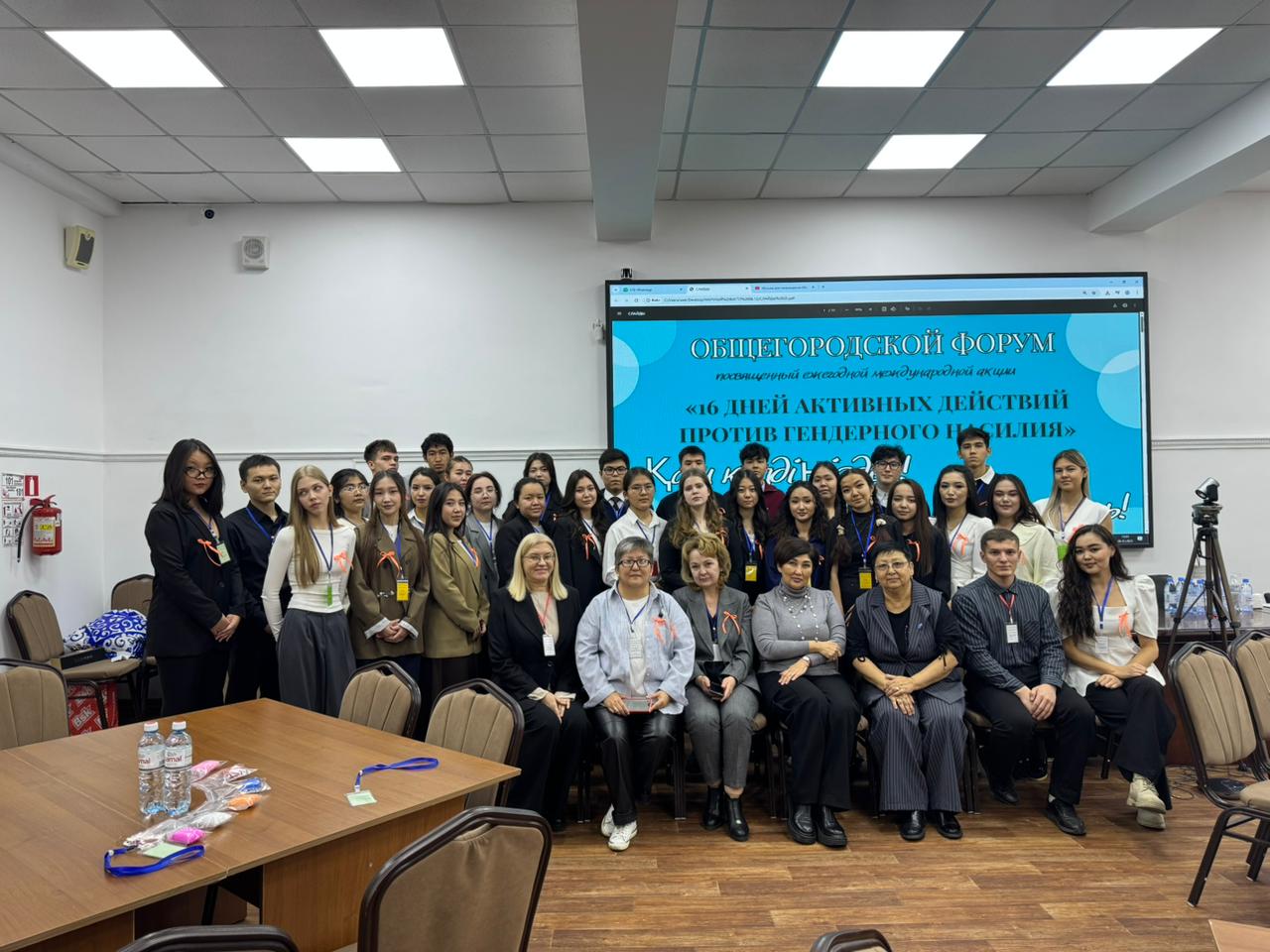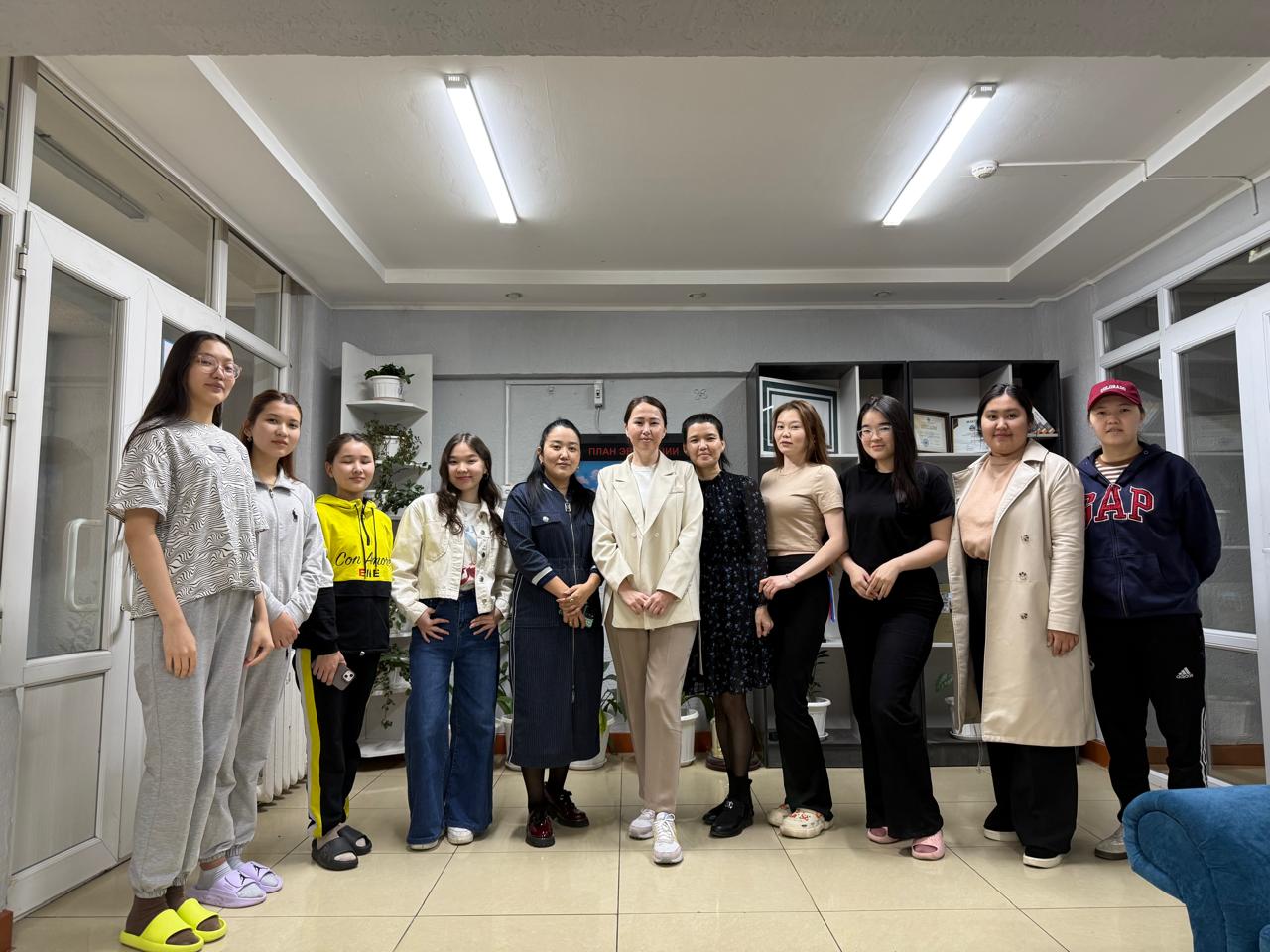A Better World Begins with Gender Equality

Another interactive event was organized by the Department of Russian Philology and World Literature at Al-Farabi KazNU within the framework of the UN Sustainable Development Goal No. 5: “Gender equality.” Gender equality, one of the most fundamental human rights, plays a key role in ensuring peace and harmony in society and in the full realization of human potential on the basis of sustainable development. The involvement of women in social life contributes to increased productivity and economic growth. “Achieving gender equality and empowering women and girls remains the unfinished business of our time and the greatest human rights challenge in today’s world,” stated UN Secretary-General António Guterres.
The second-year students from Turkmenistan majoring in “Russian Language and Literature” at Al-Farabi KazNU became interested in this topic and proposed to examine its various aspects in the context of the experience reflected in 19th-century Russian classical literature. Indeed, Russian writers such as I.S. Turgenev, A.N. Ostrovsky, N.S. Leskov, F.M. Dostoevsky, L.N. Tolstoy, and others devoted significant attention in their works to the “women’s question.” As noted by group leader Bagtyyarova Sunida, their views often sharply differed, and many debates in their writings centered on women’s rights and their role in society.
For instance, F.M. Dostoevsky generally supported emancipation but opposed revolutionary methods of achieving this noble goal. Realizing that society was not yet ready to fully embrace the ideas of gender equality, he believed that the issue would eventually resolve itself as public consciousness gradually evolved. In contrast, L.N. Tolstoy, according to most participants in the discussion, strongly rejected female independence and approached the problem from a rather narrow perspective. Even I.S. Turgenev, often called the “Russian European,” depicted the emancipated Avdotya Kukshina in “Fathers and Sons” without sympathy, portraying her as careless, inconsistent in her thoughts and actions, and living in disorder, with scattered newspapers, magazines, and cigarette butts characterizing her environment.
N.S. Leskov also did not remain indifferent to this pressing issue and expressed the opposite viewpoint in his article “Russian Women and Emancipation” (1860), where he argued for the necessity of giving women the opportunity to “receive a comprehensive education and follow their calling,” as noted by Danatarova Ogulgerik. While acknowledging women’s formal right to independence, he sincerely lamented that this right was constantly violated in practice.
The students’ presentations, comments, and lively discussions facilitated an engaging exchange of opinions and reasoning, fostering in them a conscious attitude toward gender issues and an understanding of the importance of equal rights for all.
As a general conclusion to the discussion, Associate Professor N.K. Sarsekeeva noted: one cannot say that the women’s question has been fully and definitively resolved today, but fortunately, the gloomy predictions of some past writers also did not come true. Modern women work hard on themselves and the world around them, create the future, and raise children together with men whom they choose freely, without external pressure.
Organizers: Associate Professor N.K. Sarsekeeva; Deputy Head of the Department, Master, Senior Lecturer E.A. Seitkazy
Other news


